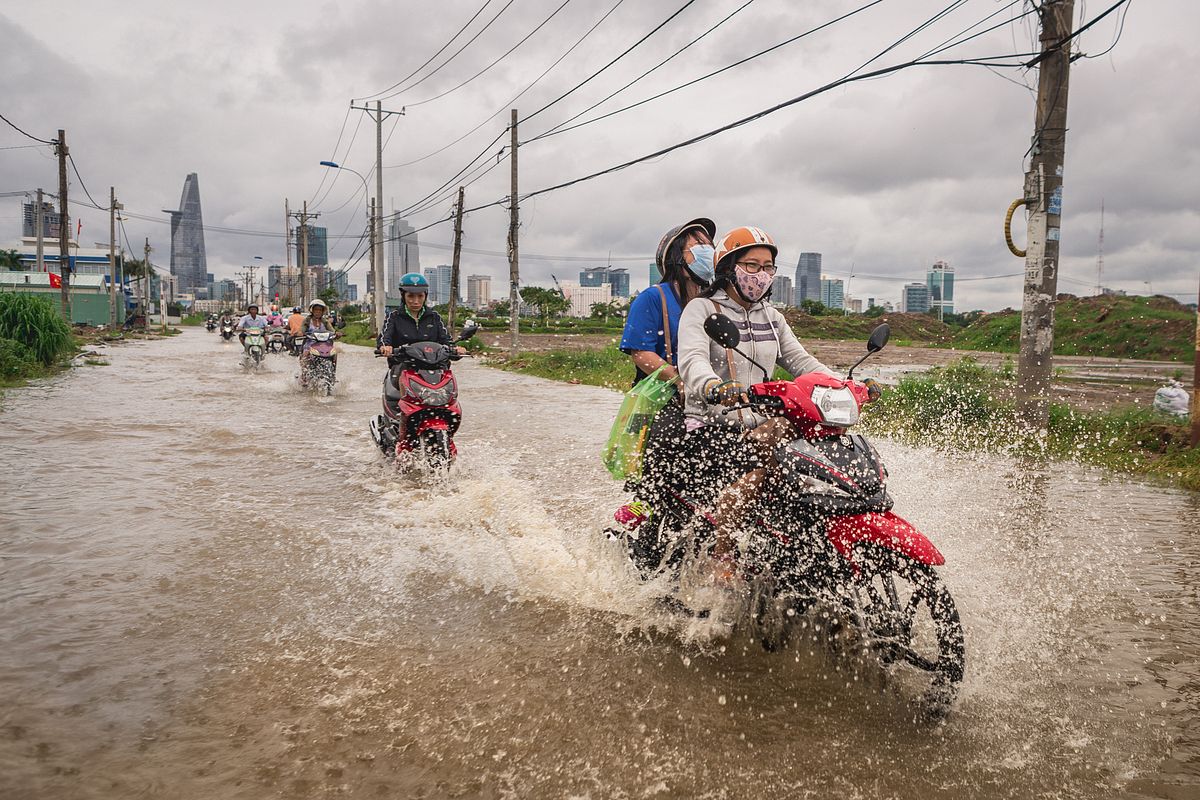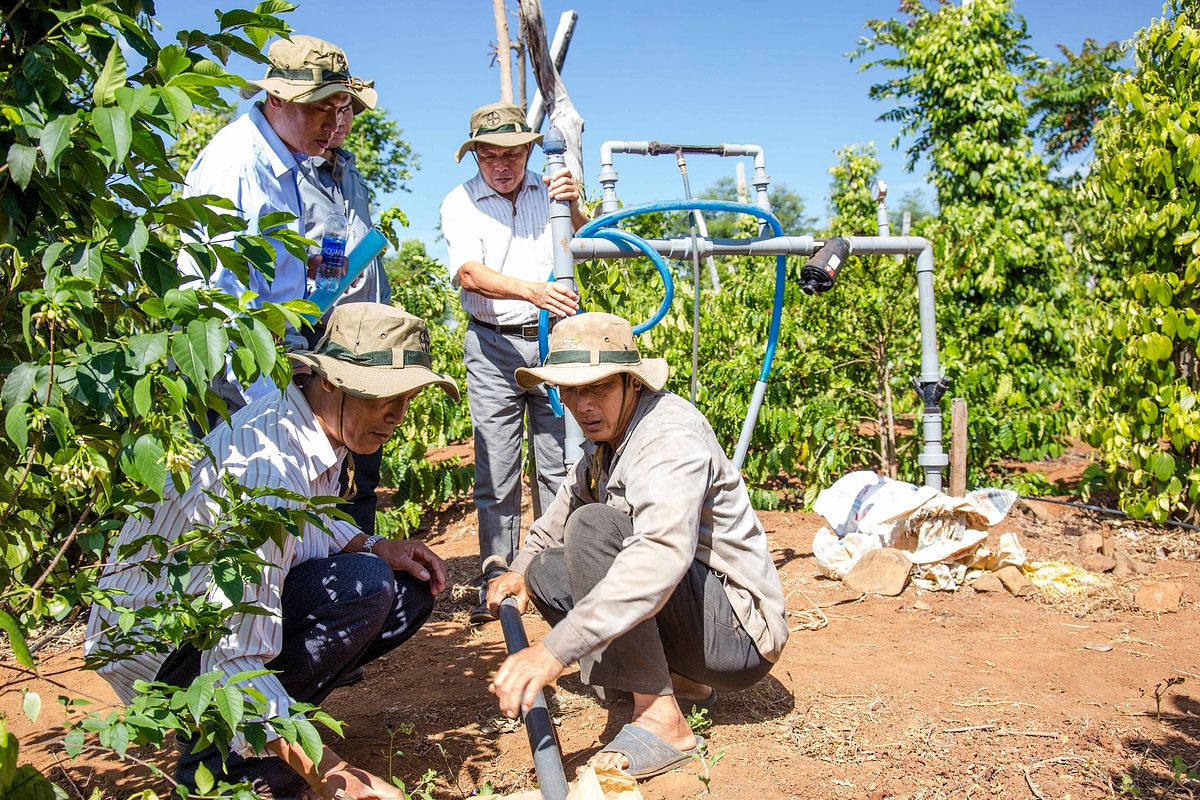What are you doing to be a sustainable tourist?
The new Top Countries for Sustainable Tourism report from Euromonitor International ranked Vietnam 96th out of 99 countries when it comes to sustainable tourism. It performed worse than all of its Southeast Asian neighbors, and only beat Mauritius, India and Pakistan. As is common in many global rankings, Scandinavia performed well, with Sweden and Finland filling the top two spots, followed by Austria.
The index is aimed at travel businesses, destination management organizations and tourism boards, and is meant to illustrate sustainability challenges and opportunities in a given country.
Seven "pillars" were used in assessing the 99 nations, including sustainable lodging, sustainable transport, sustainable tourism demand, risk, economic sustainability, social sustainability, and environmental sustainability.
Each individual pillar consists of a number of issues added up to reach a final score. Environmental sustainability, for example, covers climate, natural assets (such as protected areas), pollution (largely in the form of fossil fuel consumption), energy, and water.
While Vietnam performed poorly overall, it was among the most-improved countries covered by the index in terms of environmental sustainability, ranking 43rd in that area.
Euromonitor also called on more businesses in the travel industry to get on board with sustainability: "Sustainable travel has raced to the top of the tourism agenda in recent years. However, only 55% of travel businesses implemented some form of sustainability strategy."
VnExpress adds that a few popular tourism destinations in Vietnam have taken steps to address sustainability. Hoi An, for example, restricts the use of single-use plastic goods and plastic bags, while the Cham Islands off the coast banned plastic bags in 2009.
However, plastic waste remains a huge challenge for the country, and Vietnam is regularly counted among the world's biggest ocean polluters.
[Photo: Waste removed from Lan Ha Bay near Cat Ba Island]















